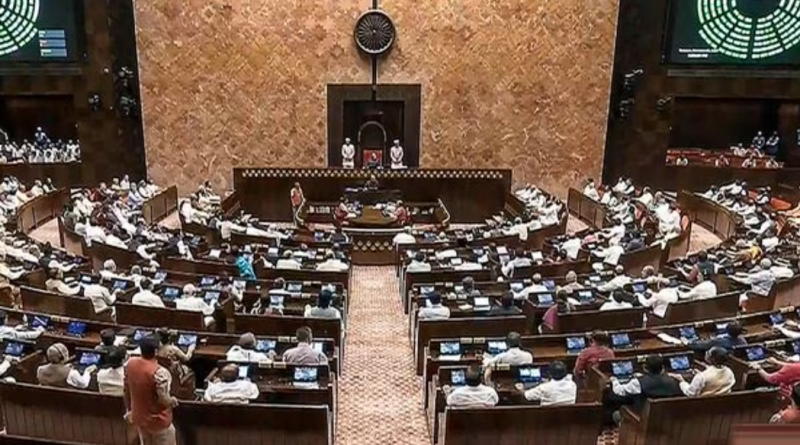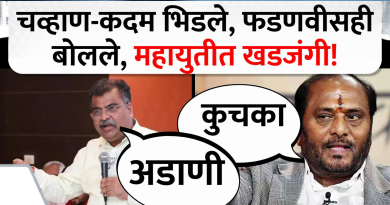Rajya Sabha Elections: Elemental Insights
Rajya Sabha Election: Today, February 27, marks the voting for 15 seats in Uttar Pradesh, Karnataka, and Himachal Pradesh. Concerns about cross-voting by Congress and Samajwadi Party MLAs loom over the election, with 41 out of 56 candidates already elected unopposed. The remaining seats will witness intense contests between the BJP and the rest.
The voting for the remaining 10 seats in Uttar Pradesh, four in Karnataka, and one in Himachal Pradesh commenced at 9 am in the Upper House of Parliament. Results are expected later in the evening. Currently, the Rajya Sabha comprises 245 members, with a term of six years, and elections are held every two years for 33 per cent of the seats.
In Uttar Pradesh, a fierce electoral battle between the BJP and SP ensues, with eight BJP candidates and three SP candidates in the fray. Projections favour the BJP with seven seats and the SP with three. To secure a Rajya Sabha seat from UP, a candidate needs nearly 37 first-preference votes. BJP currently holds 252 seats in the UP Legislative Assembly, while SP has 108 MLAs along with Congress’ two seats.
In Karnataka, the Congress and BJP vie for four Rajya Sabha seats vacated by retiring members. The Congress holds 133 MLAs, BJP 66, JD(S) 19, and independents four. Reports suggest that Congress has the support of three independent MLAs and some from JD(S). In contrast, the BJP has the backing of one independent MLA. Congress took precautionary measures by moving its MLAs to a hotel in Manyata Business Park and conducting a mock voting exercise.
Himachal Pradesh witnesses a close contest for the lone Rajya Sabha seat between Congress candidate Abhishek Manu Singhvi and BJP’s Harsh Mahajan. Congress, with 40 out of 68 MLAs and support from three independents, issued a whip to vote for Singhvi. However, the BJP has pointed out the move as “unethical” and alleged that Congress of planning horse-trading.
[Image Source: LiveMint]




